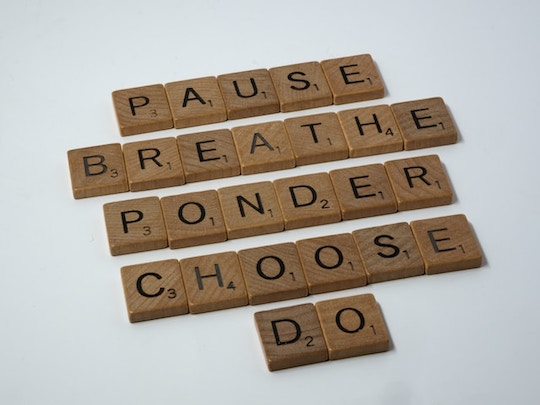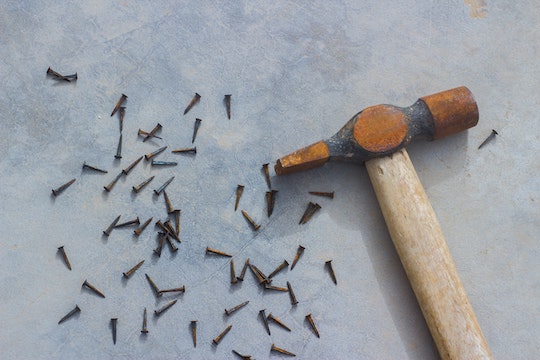“It’s not differences that divide us. It’s our judgements about each other that do.”
—Margaret Wheatley, American writer, speaker, and management consultant
This past summer 10,500 athletes from 184 counties participated in the Paris Olympic games.
Following these games, the Paralympic games were held there, featuring 22 sports including blind football, sitting volleyball, and wheelchair basketball, fencing, rugby, and tennis.
The athletes that participated in these games are not only from different countries they also experience a diverse range of physical, visual, and cognitive disabilities that impact their performance.
EXERCISE:
What lessons can we all learn about accepting and celebrating our differences from the Olympic and Paralympic athletes?
How can an attitude of our oneness help eradicate the judgements that often divide us?












